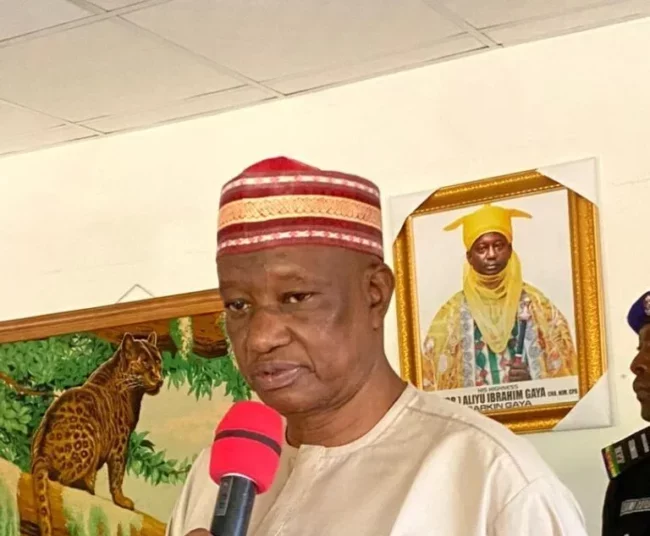Kano State Government, in a proactive move to address the implications of the National Tax Reform Bills introduced by the Presidency, has convened a two-day Expert Dialogue to focus on crafting solutions tailored to Kano State’s unique economic landscape.
The event, held on January 20 and 21, 2025, at Northwest University, Kano, gathered specialists from academia, the business community, and legal fields to dissect the controversial reforms and their potential impacts on states.
While speaking at the opening session, Deputy Governor of Kano State, Comrade Aminu Abdussalam Gwarzo, highlighted the need for state-focused approaches to the proposed reforms.
According to him, while the bill aims to streamline taxation at the national level, some provisions could disadvantage states with less industrial activity compared to economic powerhouses like Lagos, Kano, and Port Harcourt.
This was contained in a statement signed by the Press Secretary to the Deputy Governor of Kano State, Alhaji Ibrahim Garba Shuaibu, a copy of which was made available on Monday to the press in Kano.
He stated, “As a commercial hub, Kano has specific economic priorities that must be protected. This dialogue is vital to ensuring that our state’s interests are well-articulated and represented in national discussions.”
He emphasised that recommendations from the dialogue would provide valuable insights for Governor Abba Kabir Yusuf to present at the Nigeria Governors’ Forum (NGF) and, subsequently, the National Assembly.
Earlier, Prof. Kabiru Isa Dandago, Chairman of the Technical Committee on the Tax Reform Bill Dialogue, stressed the importance of leveraging local expertise to identify gaps in the proposed reforms.
According to him, “This platform should focus on ensuring Kano’s economic stability while addressing lapses in the bill that may have been overlooked by the NGF.”
The Northwest University Vice-Chancellor, Prof. Mukhtar Atiku Kurawa, praised the state’s initiative in prioritising dialogue.
He said, “Kano’s status as a centre of commerce makes it imperative to develop taxation strategies that align with both state and national development goals. We are committed to supporting such endeavours.”
READ MORE FROM: NIGERIAN TRIBUNE
